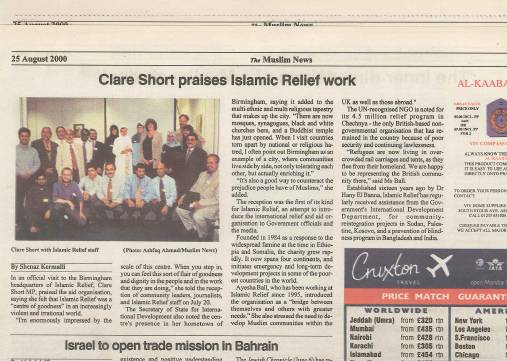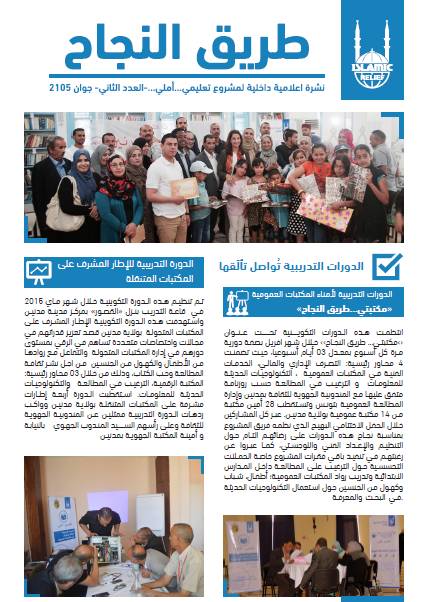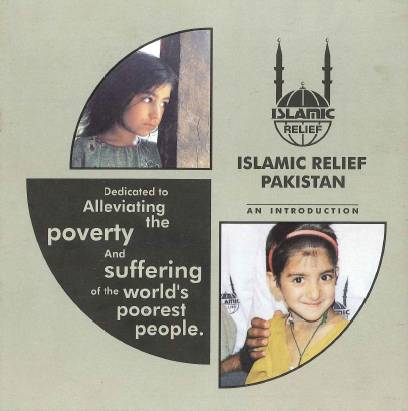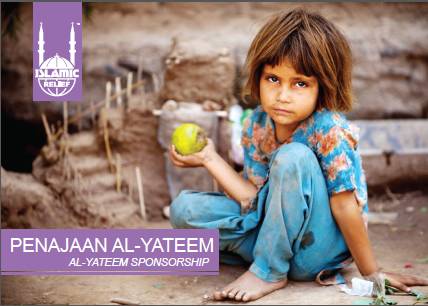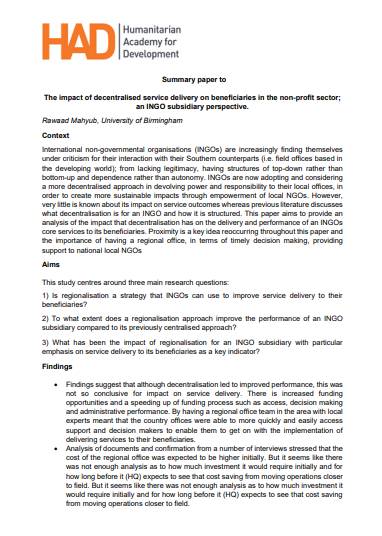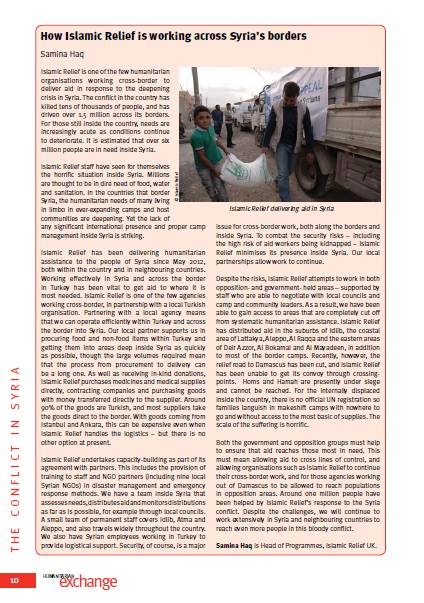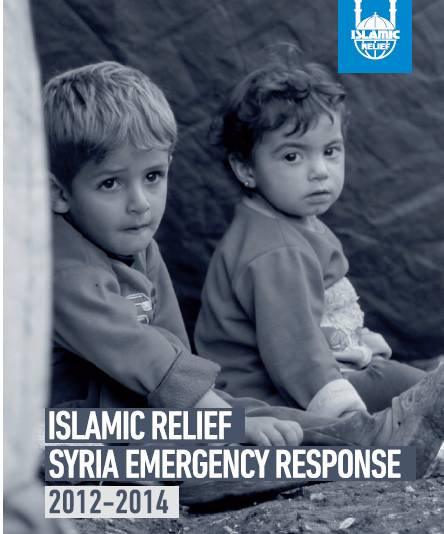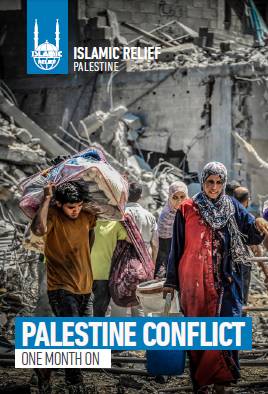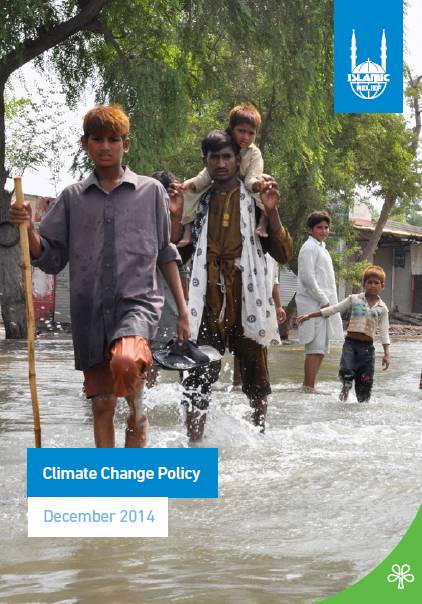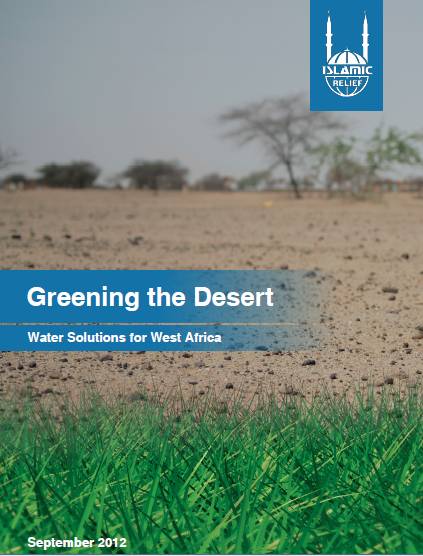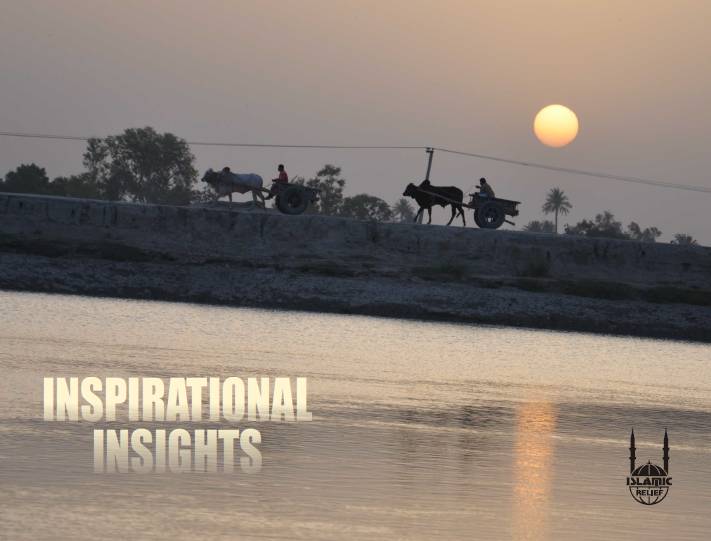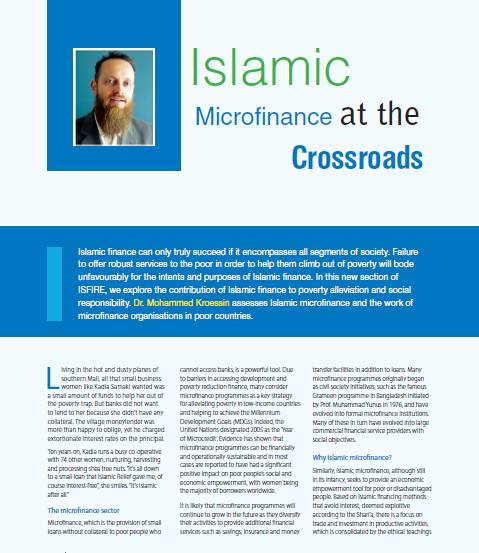E-Library
Add meaning to your inbox
Get the latest news, monthly round-ups and stories from around the world in your inbox.
Add meaning to your inbox
Get the latest news, monthly round-ups and stories from around the world in your inbox.
Get in touch

© Islamic Relief (Worldwide) TM 2019. Privacy Statement , Terms & Conditions Registered Charity No: 328158. Company Reg No: 02365572. OSCR Reg No: SC042020. Head Office: 19 Rea Street South, Digbeth, Birmingham, B5 6LB, United Kingdom. Disclaimer: Islamic Relief is not affiliated with any external websites. Islamic Relief is not responsible for the content of external internet sites and any links from external web sites to this site do not constitute an endorsement of that site by Islamic Relief. Important: About email scams Staff Resources: Extranet, Email, Remote Office.


